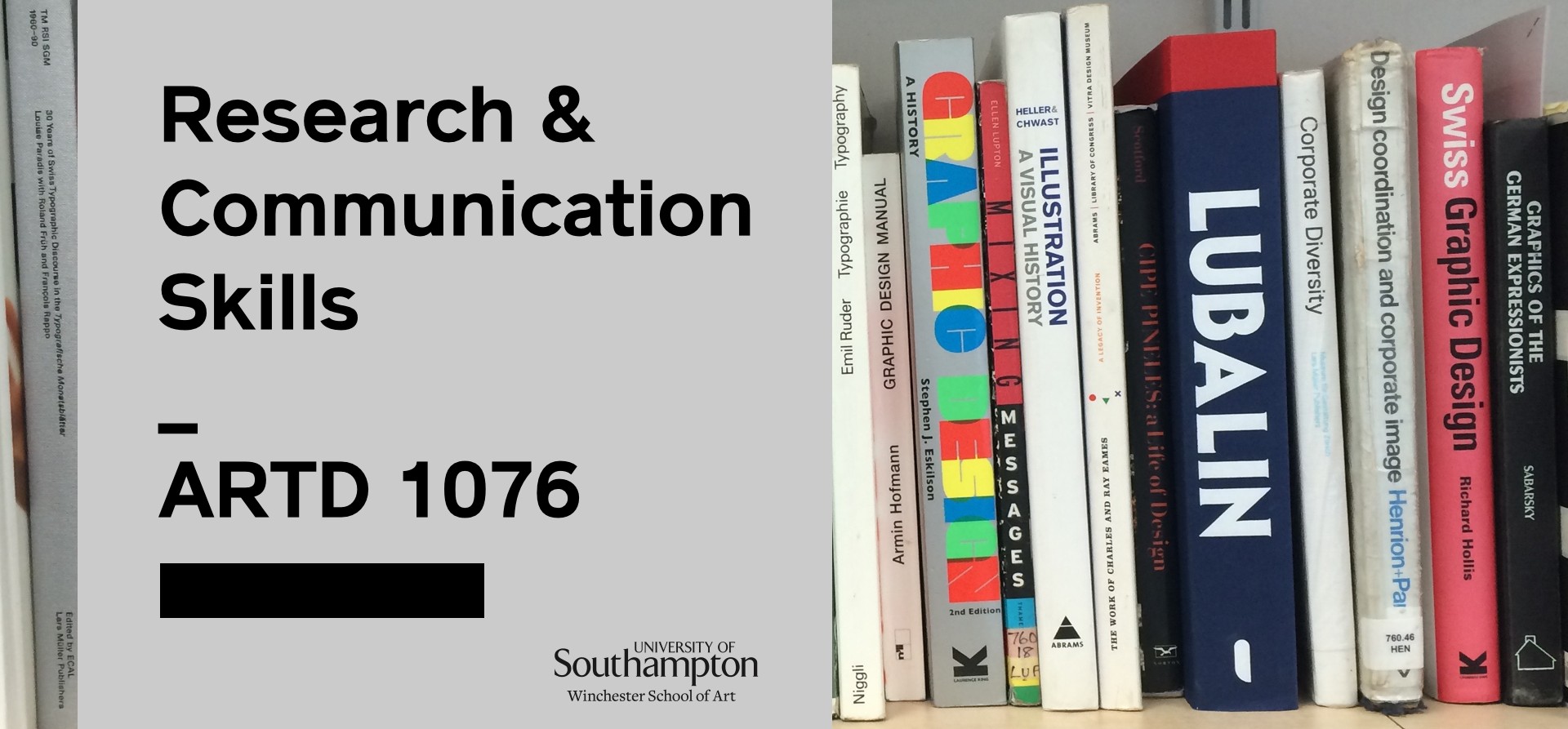A) What do you see as the Positives and negatives around copyright?
When something is protected by copyright, it means that the creator of said physical thing has the legal rights to control how it is used. This doesn’t stand for intellectual property however, only physically created things such as a song, book, or innovation, to name a few. Such a system has pros and cons to it however;
For instance, the main pro to copyright laws is that , “companies aren’t required to place a copyright notice on the work ti secure their rights” (Wilhelm Schnotz, N/A). By this, the copyright law has automatic protection independent of if a copyright notice is present. Any physical creation once published has automatic protection to prevent infringement. However, although it prevents infringement, without a copyright notice a company can not seek reparations nor punishments if their work is plagiarised. None the less, “Once creation is completed, they [businesses] have exclusive rights in controlling the use and exploitation of the works” (J.J Hua, 2014).
However, although basic rights are provided, to seek the ability to punish those who infringe upon work produced, companies must pay registering fees with the Copyright office, and document every piece of work, which can be time consuming and tedious. Additionally the cost to fully copyright an idea may be expensive for smaller organisations.
Furthermore, copyright laws can discourage creativity, because “people are not free to create derivative works from existing works”(Gregory Hamel, N/A). Which is difficult to imagine as nowadays it can be argued that everything surely must be inspired from somewhere, how original can someone be in today’s society?.
(258 Words)
B) Is it possible to make anything new?
“A man says to take the road less traveled by
And one day, people begin to listen.
So pretty soon, the road less traveled by grows familiar.
It suddenly loses its magic
And becomes just another dirt road.
Which goes to show, individuality eventually leads to conformity,
And then we’re all back at the beginning.
So tell me.
Are we really original?
Is everyone actually special?
Because I think it may just all be a lie.”
(Emily Diehl, 2014)
This Quote by Emily Diehl sums up, for me, the problem with originality within today’s society. Arguably it is impossible to truly be original as we are inspired by our surroundings, and may subconsciously be brought to an idea or innovation through the world around us. A musician for example, may believe that the piece they compose is completely original when in reality the tempo or rhythm may have been inspired by some external sources.
I however, believe that the idea of being able to make something completely new is true, the world is forever changing and innovations we use today where once never about. However, i do believe being completely original is very rare, whether we’re inspired by how other things interact with people and use such designs with our ideas, or we chose a specific colour or whatever, i believe that creating something completely new is almost impossible in today’s day and age.
(234 Words)
Reference List
Wilhelm Schnotz, (N/A). Pros & Cons of Copyright Laws | Your Business. [Online] Available at: https://yourbusiness.azcentral.com/pros-cons-copyright-laws-5170.html. [Accessed 01 December 2017].
J.J. Hua, (2014). Toward A More Balanced Approach: Rethinking and Readjusting Copyright Systems in the Digital Network Era, Springer-Verlag, Berlin Heidelberg (Pp. 39 – 41) [Accessed 01 December 2017]
Gregory Hamel, (N/A). Pros & Cons of Copyright Laws. [ONLINE] Available at: http://smallbusiness.chron.com/pros-cons-copyright-laws-52554.html. [Accessed 01 December 2017].
Emily Diehl, (2014). Originality: Does it Really Exist? | Think About It. [Online] Available at: http://sites.psu.edu/diehlthinkaboutit/2014/09/18/originality-does-it-really-exist/. [Accessed 01 December 2017].
